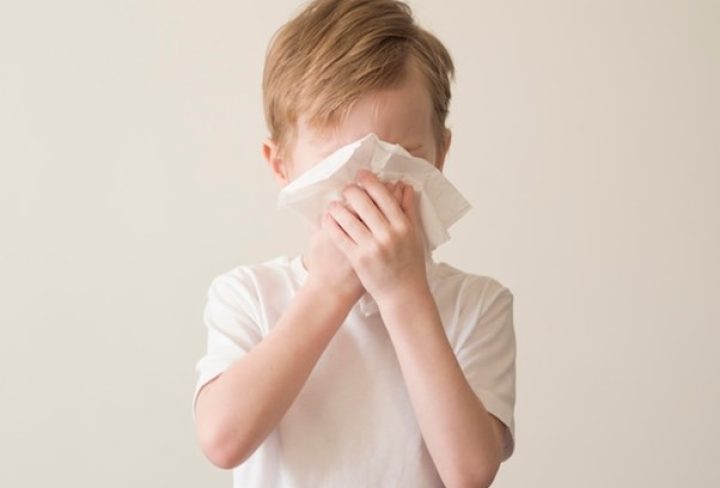1. Moisturizes the Air: Dry air can irritate the respiratory system of a child with allergies, leading to an exacerbation of symptoms such as nasal congestion, throat irritation, and dry cough. Humidifiers add moisture to the air, which can help soothe these symptoms.
2. Enhances Air Quality: Some humidifiers come with built-in air purifiers that can remove allergens from the air, such as dust, pollen, and pet dander, potentially reducing allergy symptoms.
3. Supports Healthy Skin: Children with allergies often have sensitive skin conditions like eczema, which can be aggravated by dry air. Using a humidifier can help maintain skin moisture, reducing eczema flare-ups.
Potential Risks and Considerations
1. Over-Humidification: Excessive humidity can promote the growth of mold, dust mites, and other allergens, potentially worsening allergy symptoms. It’s crucial to maintain indoor humidity levels between 30% to 50%.
2. Maintenance and Cleanliness: Humidifiers must be regularly cleaned and maintained according to the manufacturer’s instructions to prevent the growth of bacteria and mold in the water tank, which could be dispersed into the air.
3. Type of Humidifier: Ultrasonic and cool-mist humidifiers are generally preferred for children with allergies because they do not heat water and therefore pose less risk of burns. However, they need to be cleaned more frequently to prevent microbial growth.
Guidelines for Optimal Use
1. Regular Cleaning: Clean the humidifier every 2-3 days with water and white vinegar or according to the manufacturer’s guidelines to eliminate any bacteria or mold.
2. Proper Humidity Levels: Use a hygrometer to monitor room humidity levels and ensure they stay within the recommended range of 30% to 50%.
3. Strategic Placement: Place the humidifier in areas where the child spends most of their time, such as the bedroom, ensuring it’s out of reach to prevent accidents.
4. Water Quality: Use distilled or demineralized water in humidifiers to minimize potential dispersion of minerals and contaminants into the air.
5. Consult Healthcare Professionals: Before starting humidifier use for a child with allergies, it’s advisable to consult with a healthcare professional to ensure it’s appropriate for the child’s specific health needs.
Conclusion
While humidifiers can play a beneficial role in managing allergy symptoms in children, it’s crucial to use them correctly and safely. Adequate maintenance, monitoring of humidity levels, and consultation with healthcare professionals are essential steps in maximizing the benefits while minimizing any potential risks. As research continues to evolve, staying informed about the latest guidelines and studies is paramount for healthcare providers, parents, and caregivers aiming to provide optimal care for children with allergies.

